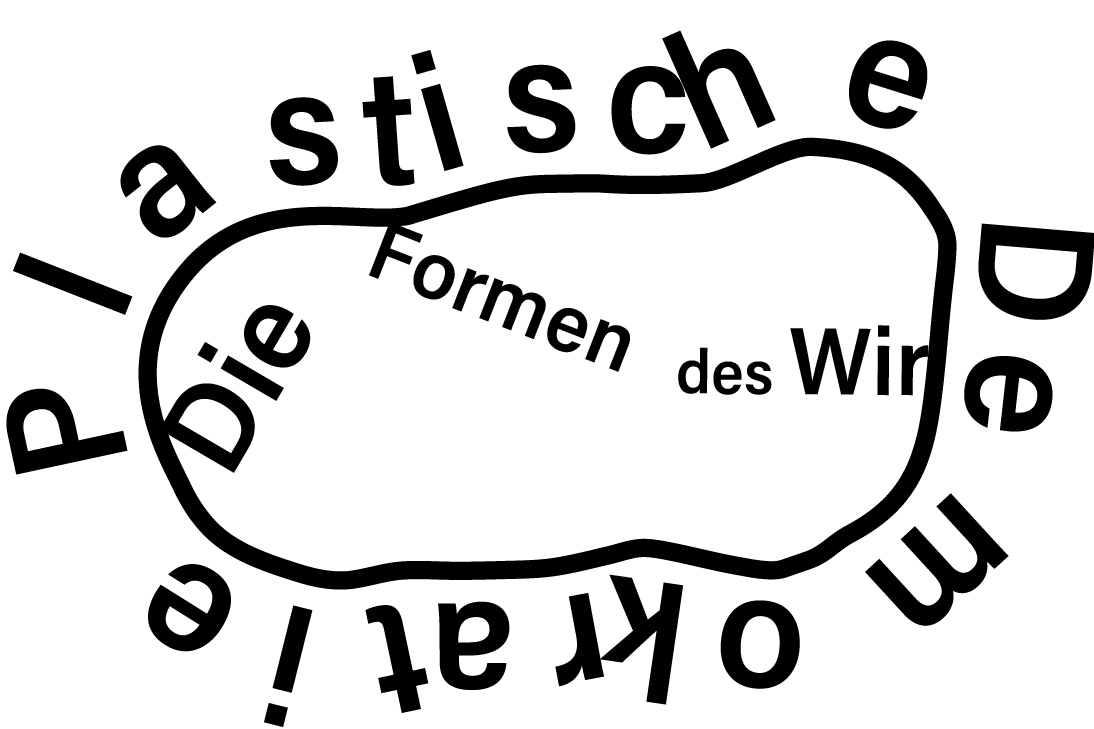
Lecture
The term »abolitionist democracy« was introduced by the sociologist and civil rights activist W.E.B. Du Bois in 1935 as a reminder of the unfulfilled promises of emancipation from slavery. In the last decade, abolitionism has emerged, especially in the USA, as a radical political practice and critical theory that takes up this project and calls for overcoming state institutions of violence such as the prison, the police and deportation camps. The lecture reconstructs the specific democratic theoretical implications of this approach and contours the project of an abolitionist democracy as a guiding concept of a coming social transformation.

On the lecture by Daniel Loick on Gustaf-Gründgens-Platz, photo: Anne-Marie Franz
Daniel Loick's lecture on Gustaf-Gründgens-Platz, video commissioned by the Institute for Art History at the HHU, project »beuys2021« - editing: project office »beuys2021« and raumlaborberlin.